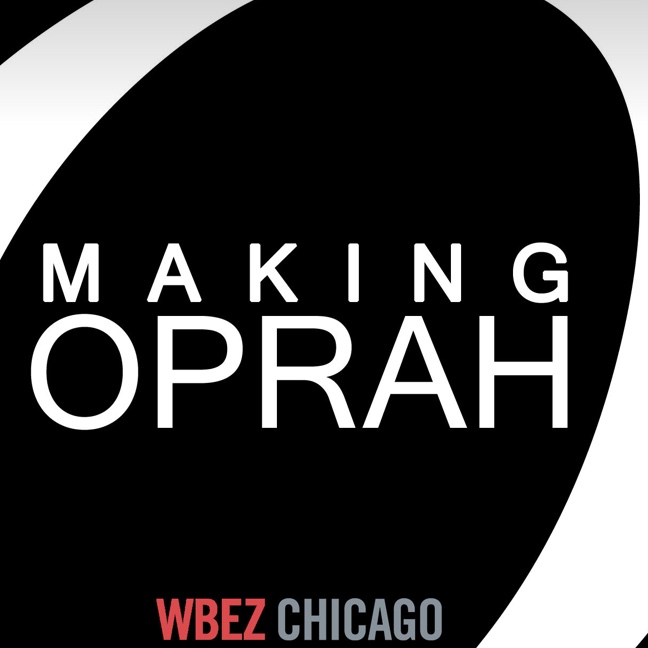
I’ve been trying to change my media consumption habits in the month of February so that I’m feeding my brain with the words and stories of intelligent and successful women instead of slow-witted men who think they’re funnier and smarter than they truly are.
There’s nothing like a man repeating political talking points and jokes from the internet — or the radio — to tell me that it’s time to get off the web.
So, first up, I downloaded the Making Oprah podcast. As a forty-two-year-old woman who grew up in Chicago, I had two crushes when I was a kid: Phil Donahue and Al Gore. (I was a weird child.) But I had one person in my life who was a de facto role model, and that was Oprah.
I wasn’t particularly interested in most of Oprah’s show topics because, as a kid, I couldn’t relate to the pain of being a suburban mom who struggled for work-life balance. But I was interested in how she lived her life. Her work ethic made a huge impression on me, and I loved the fact that she didn’t have shady friends or a loser husband who held her back.
You know what else made an impression me? Oprah was a victim of abuse. She was a victim of institutional racism and sexism. But she made good choices and played a long game. As her career progressed, she surrounded herself with intelligent and supportive people who gave good counsel. But, more importantly, she trusted herself to make the right decisions.
Oprah is all about accountability, which wasn’t lost on me as a child and still resonates with me as a middle-aged woman. And you hear that theme of accountability — for your life, for treating others well, for leaving a positive mark on the world — throughout the entire Making Oprah podcast.
Listen right now!
After wrapping up the podcast, I stumbled onto an e-book called The 10 Habits of Highly Successful Women. It’s published by a group called TheList, and it’s a group of women who support other women in business. One of the founders, Rachel Sklar, is a Canadian lawyer turned writer turned social media marketing professional.
TheList published The 10 Habits of Highly Successful Women to offer advice to women who are creative, artistic, and entrepreneurial. And the book isn’t horrible. It’s certainly earnest. But the problem with most career advice is that it’s always more about the author than the reader. The thesis goes like this: if you read my story and copy my moves, you can be like me.
And, no offense to the writers of The 10 Habits of Highly Successful Women, I don’t want to be like any of them. I want to be like myself, which was a problem because I couldn’t place my story in any of the scenarios in the book. It’s almost as if the writers had no interest in or empathy for my experience, which, coincidentally, is the opposite of what Oprah consistently delivered for 25 years.
Oprah was obsessed with the audience, or in today’s speak, the user of her content. She wanted them up on the stage when she talked about work-life issues, and she wanted them right on the couch when Tom Cruise acted like a dumbass baby and got excited about his child-bride, Katie Holmes.
You can’t write an advice book without some empathy and understanding of your audience. And you can’t put your audience on a pedestal and make them feel amazing about themselves — and see their inner potential — if you put yourself on a pedestal.
So go ahead and skip The 10 Habits of Highly Successful Women, which is now my number one piece of advice for highly successful women, but listen to Making Oprah.
And let me know if you have any recommendations for podcasts or books by remarkable women. I’m all about improving my media consumption, and I’d love to learn about new people and ideas.